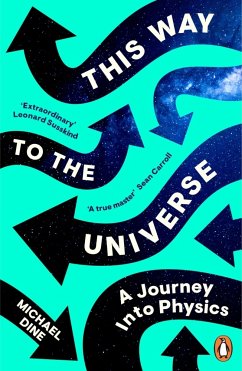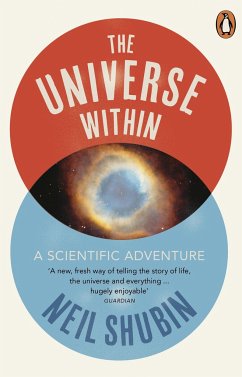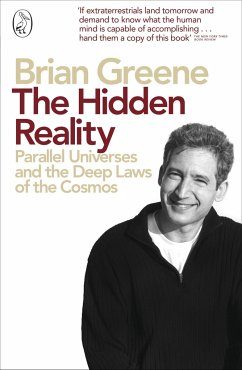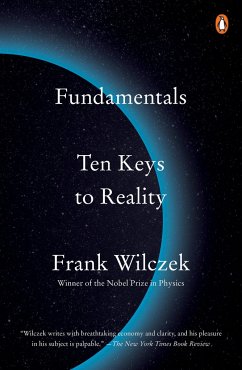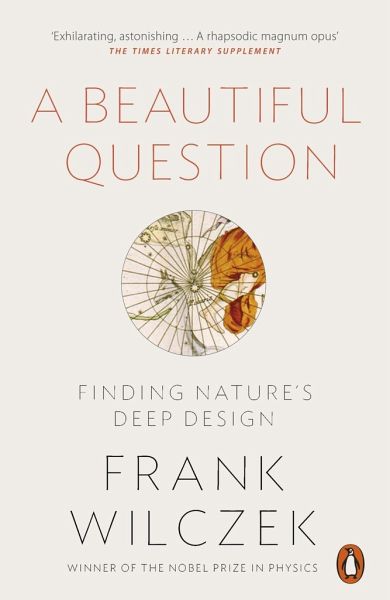
A Beautiful Question
Finding Nature's Deep Design

PAYBACK Punkte
5 °P sammeln!
A Nobel Prize-winning physicist argues that beauty is the fundamental organizing principle for the entire universeIn this scientific tour de force, world-class physicist Frank Wilczek argues that beauty is at the heart of the logic of the universe. As the quest to find the beauty embodied in the universe has connected all scientific pursuit, from Pythagoras to Einstein, Wilczek shows us just how deeply intertwined our ideas about beauty and art are with our understanding of the cosmos. A Beautiful Question is a mind-expanding book combining the age-old human quest for beauty with the age-old h...
A Nobel Prize-winning physicist argues that beauty is the fundamental organizing principle for the entire universe
In this scientific tour de force, world-class physicist Frank Wilczek argues that beauty is at the heart of the logic of the universe. As the quest to find the beauty embodied in the universe has connected all scientific pursuit, from Pythagoras to Einstein, Wilczek shows us just how deeply intertwined our ideas about beauty and art are with our understanding of the cosmos. A Beautiful Question is a mind-expanding book combining the age-old human quest for beauty with the age-old human quest for truth.
In this scientific tour de force, world-class physicist Frank Wilczek argues that beauty is at the heart of the logic of the universe. As the quest to find the beauty embodied in the universe has connected all scientific pursuit, from Pythagoras to Einstein, Wilczek shows us just how deeply intertwined our ideas about beauty and art are with our understanding of the cosmos. A Beautiful Question is a mind-expanding book combining the age-old human quest for beauty with the age-old human quest for truth.






